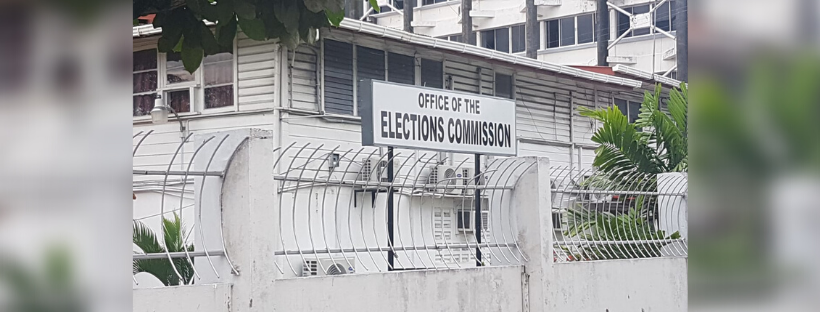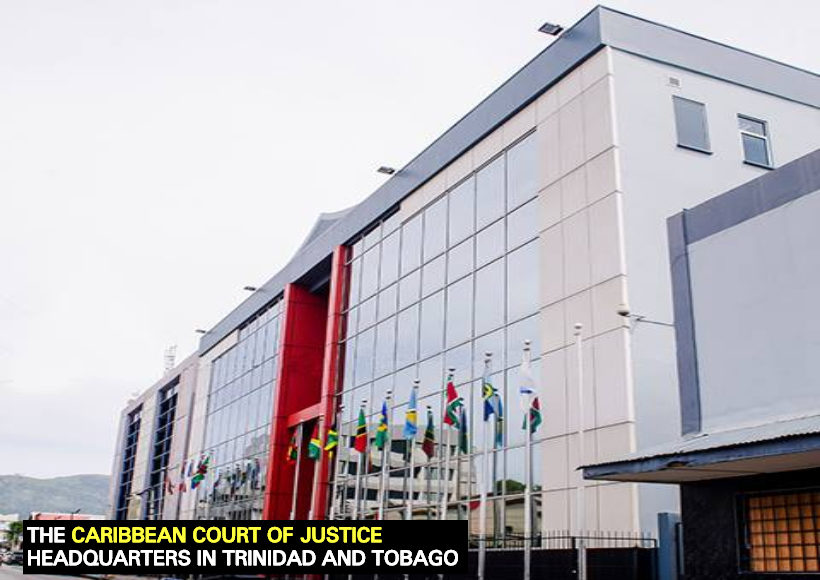The Caribbean Court of Justice (CCJ), the Caribbean community’s highest court, has set Friday, May 10, 2019 for the hearing of the appeals of the three cases related to Guyana’s no-confidence motion.
The date was set this morning by President of the CCJ, Adrian Saunders, who ordered that the matters be regarded and treated as urgent.
With no objections from the respective lawyers, Saunders ordered that the three matters be consolidated and that special leave be granted to appeal in each of the cases.
Apart from the President, two other judges are hearing the matters. Lawyers were instructed by the judges to file their notices of appeal by next Monday, April 1, 2019. The President of the CCJ also ordered that the Guyana Elections Commission (GECOM) be added as a party in the cases and that notices of appeal be served to the electoral body by Friday April 5, 2019.
Attorney General Basil Williams and lawyers were instructed to file cross appeals by Monday, April 8, 2019. Written submissions are to be filed and exchanged on or before Wednesday, April 17, 2019. Any replies to these submissions are to be filed by Tuesday, April 23, 2019. The matter comes up for pre-trial review the following day, Wednesday April 24, 2019.
This morning’s case management conference (CMC) was heard via live broadcast from the CCJ’s Trinidad headquarters. Senator Eamon Courtenay of Belize is among the battery of lawyers representing the State.
On December 21, 2018, 33 of the 65 member National Assembly of Guyana voted in favour of a no-confidence motion. A successfully passed no-confidence motion requires the resignation of the President and Ministers of Government, along with general and regional elections within 90 days.
However, the Government later claimed that 34 votes were required and that one of the members who voted in favour of the motion, Mr. Charrandass Persaud, was ineligible to vote because he held dual citizenship.
When the matter came before Chief Justice Roxane George-Wiltshire of the High Court, she ruled that only 33 votes were required. However, the Court of Appeal, in a majority ruling, maintained that 34 votes, which is an “absolute majority” of all members, were required for the motion to be successfully passed.













